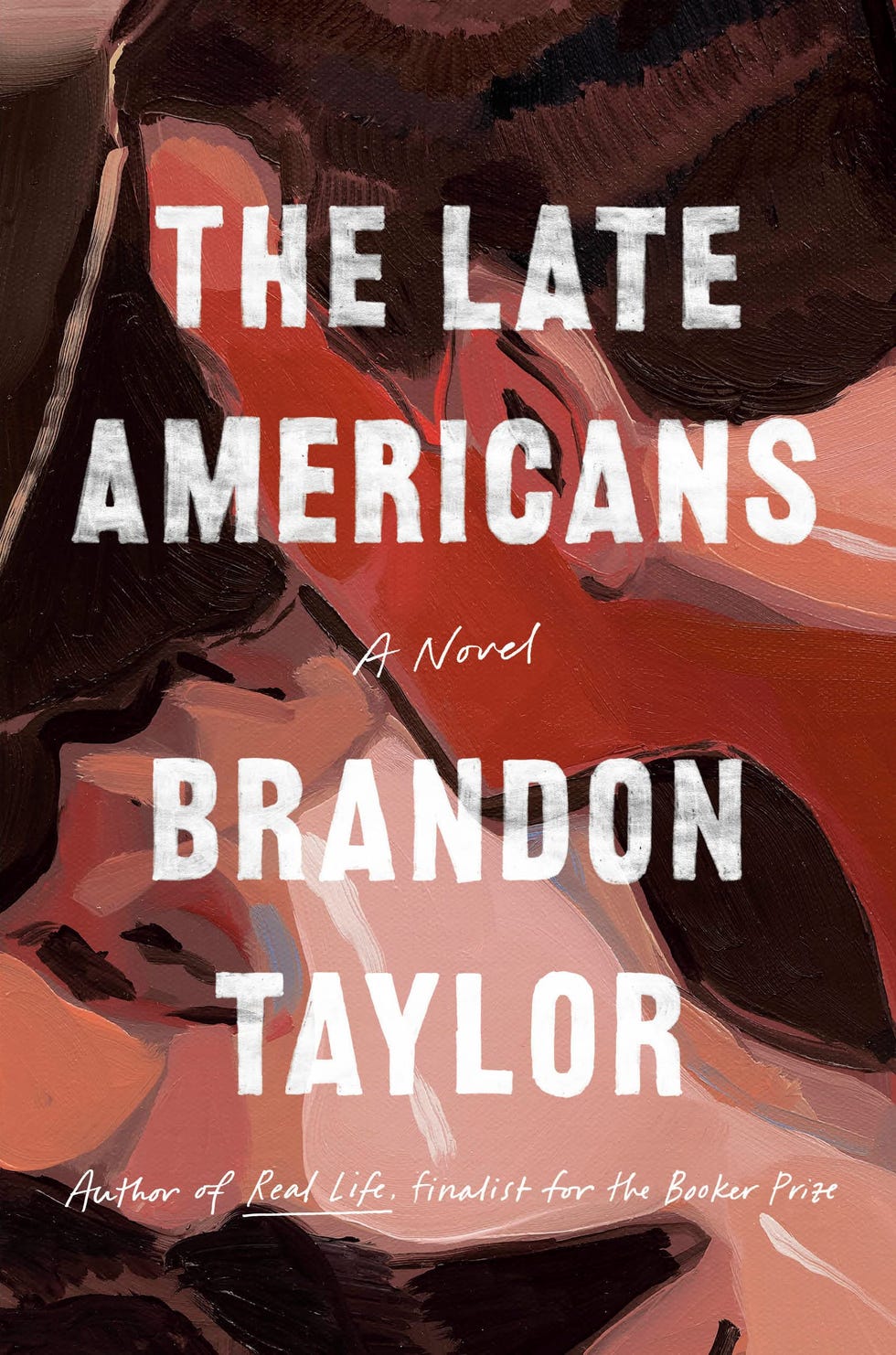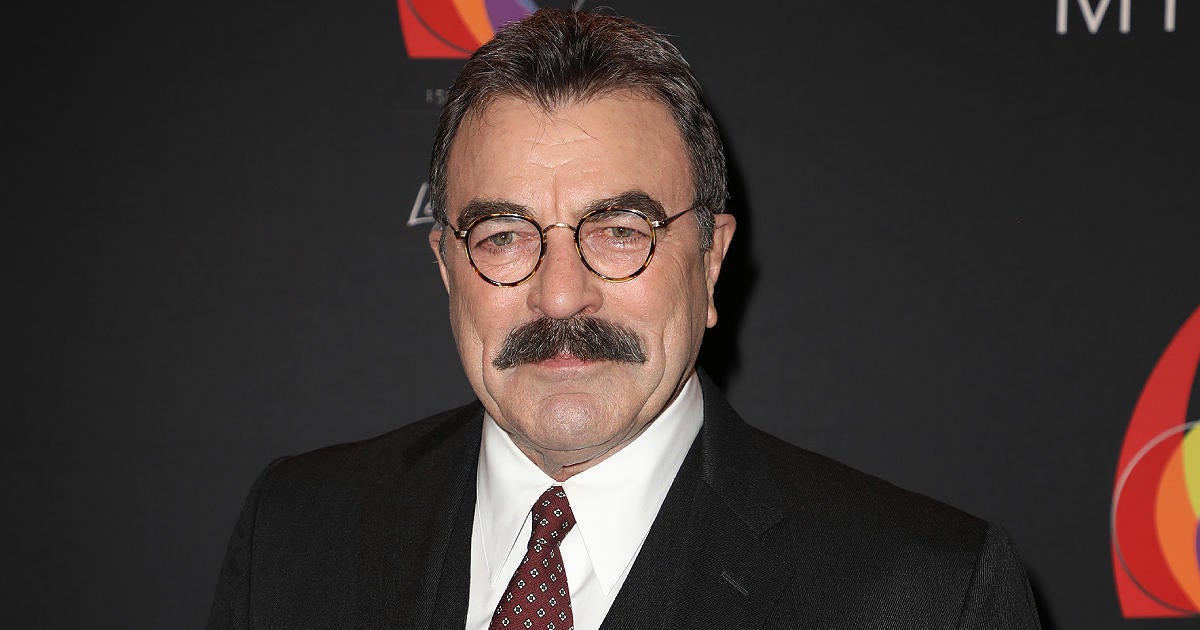Shelf Life: Brandon Taylor
Welcome to Shelf Life, ELLE.com’s books column, in which authors share their most memorable reads. Whether you’re on the hunt for a book to console you, move you profoundly, or make you laugh, consider a recommendation from the writers in our series, who, like you (since you’re here), love books. Perhaps one of their favorite titles will become one of yours, too.
It took Brandon Taylor five weeks to write his 2020 debut novel, Real Life, which was shortlisted for the Booker Prize and the National Book Critics Circle John Leonard Prize. His 2021 short story collection Filthy Animals won the Story Prize, and now comes his second novel, The Late Americans (Riverhead), about a circle of creatives set in Iowa City.
The Alabama-born and -raised, New York-based Taylor, who wanted to be a neurosurgeon, majored in chemistry at Auburn University and was a biochem doctoral student at the University of Wisconsin-Madison before leaving for the Iowa Writers’ Workshop. An acquiring editor at Unnamed Press, he is currently a Cullman Center fellow at the New York Public Library at work on his next novel, Group Show, about five art museum assistants in Madison. He’s also working on the screenplay of Real Life, about a gay Black chemistry student on a Midwestern campus, which is being adapted to the screen by Kid Cudi.
Growing up on a rural farm, he learned to fix tractors and taught himself to read with his nurse practitioner aunt’s nursing home manuals and the Bible as the only reading materials available; writes a newsletter called Sweater Weather, and counts photography and tennis as hobbies. Likes: fall, UK book jackets, fountain pens, paperwork movies (contains books, writing, files, etc.), radicchio, Scandi design. Dislikes: semicolons, bookmarking Tweets.
The book that:
…I recommend over and over again:
Ann Patchett’s Commonwealth because it’s a wonderful story of a complicated family beautifully told. Also because of the technical wizardry Patchett uses to condense a family saga into a very economical form. A family saga told in alternating points of view across decades in anyone else’s hands would be at least twice the length, but Patchett’s skill is simply beyond compare. This novel feels like a miracle every single time and I never get tired of watching people marvel at how she pulls it off.
…currently sits on my nightstand:
A novel I’ve got on my desk at the moment is not out for another year, but it’s called Henry, Henry by Allen Bratton, and it’s a queer retelling of Shakespeare’s Henriad. It was the first book I acquired as an editor. Sometimes, as a reader, you can tell when the author is simply having a blast, and this is one of those books. I couldn’t put it down, and it’s been a pleasure watching the book get even better with each revision.
…I’d like turned into a TV show:
This is cheating because I am repeating myself but, I want to write an adaptation of The Portrait of a Lady, because Jude Law is, at this very moment, a perfect Osmond. I think the world deserves to see that. I mean, he would be stunning in that role. I need it!
…has the best title:
Henry James has the best titles of any American, I think. You just can’t beat them. But my favorite of his is The Europeans. So simple, so direct. It has the feel of a play you’d see in 1950 or something. The best titles have a snap to them. American letters is in a real title crisis at the moment, I think. A lot of bad titles out there.
…broke my heart:
The Portrait of a Lady by Henry James ruins me every single time I read it. I can’t help it! Not so much for Isabel Archer. No, it’s Ralph Touchett who breaks my heart. He’s one of James’s best creations, and I don’t think we talk enough about him as a character. He’s funny, irreverent, flirtatious, lively, and he shows his love for life and for others in ways that are subtle and curiously shy for him. I just love that character. And when his time comes, it’s brutal, just brutal.
…helped me become a better writer:
Leslie Fiedler’s Love and Death in the American Novel is one of the greatest books ever written about American literature. It makes some provocative assertions, true, but more than anything, it’s this high-velocity voice-driven exploration of what makes American literature itself. And Fiedler is pound for pound just one of the most incredible stylists we’ve ever seen. It’s a book that provoked me and challenged me and taught me how to think deeper and sharper and better and bolder in language. A stunning book.
…I’ve re-read the most:
Jane Austen’s Persuasion. I read it once in the winter and once in the summer at least. It’s a novel that’s given me a lot of pleasure and joy but also has taught me a great deal about how to live. Lately, whenever I’ve gotten to the scene when Anne must read Wentworth’s letter, thinking that he’s abandoned her at last only to discover that his heart has been steadfast all these years, I always end up crying! I didn’t used to cry at that part, but now I do. I’m maybe a little more susceptible to that, the steadfastness of real, true attachment. I don’t know, maybe that’s sappy. But I love it.
…I consider literary comfort food:
Edith Wharton’s The House of Mirth is such a delicious, soapy book! It’s got everything you need: scandals, flirtations, ruined reputations, incredible insults, and flat-out gorgeous writing about what it means to be in the world. I cackle as I read it, and that hasn’t changed much, but lately, I feel a little bruised and tender by Lily’s fate. I used to think it was ironic or funny. But now I really do feel for her. I always want it to end differently, and of course it never does, but now that hope stings a bit more.
…makes me feel seen:
I recently read L’Assommoir by Émile Zola, and it was a painful and vivid portrait of a family ruined by alcoholism amid the struggle of poverty. And it reminded me of my own life growing up in rural Alabama. I think that there has been this tendency in American literature to think of rural life as a kind of noble life, and a desire to write about poverty in a way that is not, I guess, quite so negative. And I understand that. But reading Zola, I was reminded of how crucial it is to sometimes tell the truth about brutal ways of life. And it was bracing.
…everyone should read:
Alfred Kazin’s On Native Grounds. I would feel much less annoyed by the literary internet if everyone was forced to read that book. Or Fiedler’s What Was Literature. There’s this real lack of…literary history in a lot of our discourse. A lot of old arguments getting rehashed without any knowledge of how those arguments played out even five years ago. It’s so annoying!
…I could only have discovered in the basement of the Strand:
So many of my favorite books in recent years have come from the literary nonfiction section of the Strand in the basement. Rebecca West’s The Court and the Castle, Lionel Trilling’s A Gathering of Fugitives, Fiedler’s What Was Literature, a few books on 19th-century literary criticism. It’s a treasure trove, and to my mind, that one section of the Strand is the best bookstore in all of New York City.
Bonus question: If I could live in any library or bookstore in the world, it would be:
Prairie Lights in Iowa City. That bookstore will always be home to me. Plus, it has a huge café upstairs.

Riza Cruz is an editor and writer based in New York.







